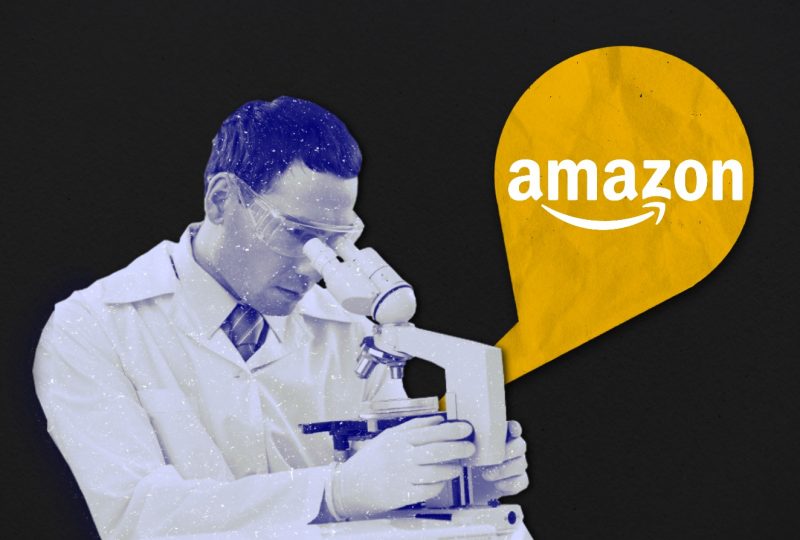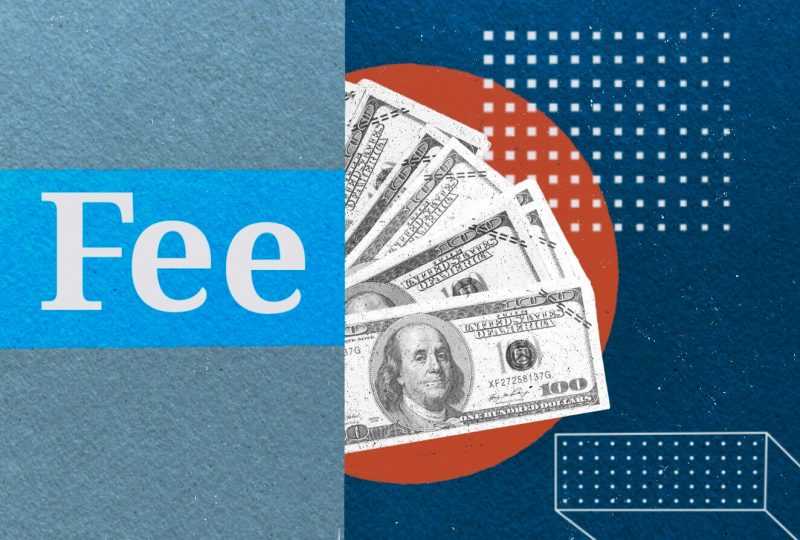Healthcare Market is the Next Frontier for Amazon
Nov 28, 2022

In the wake of the severe downturn in the tech industry, companies are seeking new business opportunities. An example of this is Amazon, which is now the second-largest company in America by revenue. Its sales are expected to grow by just 6.7% year over year in Q4 of 2022. According to the firm's CEO, Andy Jassy, the firm began laying off employees last week and intends to continue doing so in the coming year. In his own words, the decision was his most difficult since taking over the company. However, he added that "big opportunities" were ahead. Among his highlights was healthcare, one of the highest-paying and most challenging industries in the country.
It is no secret that many tech companies are interested in the healthcare sector. Alphabet produces wearable devices and invests in biotechnology, Apple provides personal health tracking through the iPhone, and Microsoft offers cloud services to healthcare providers. However, Amazon is currently in the process of creating its most ambitious offering to date. On November 15th, Amazon launched a virtual healthcare service in 32 states called "Amazon Clinic." Using Amazon's new service, users can receive healthcare from third-party providers via a virtual storefront.
The launch of Amazon Clinic follows Amazon's $3.9 billion acquisition of One Medical, a healthcare company offering telemedicine services and medical services in physical clinics (the deal hasn't closed yet). The organization has 790,000 members. Among the lead players in the deal was Neil Linsday, former head of Amazon's Prime subscription service, who says that healthcare is an area that needs to be reinvented.
Amazon's latest moves add to the company's existing assets, such as the Halo band and PillPack. The Halo band is a wearable device for monitoring the health status of users. It was put on the market in 2020. PillPack, a digital pharmacy, was purchased by Amazon in 2018 for $753 million. In 2021, Amazon Web Services launched cloud services for companies in the healthcare and biotech sectors.
There is an obvious logic to moving into primary care. It is estimated that the pharmacy industry is worth $1 trillion a year, according to Walgreens, a pharmacy chain. More than half of Generation Z and millennial Americans lack primary healthcare doctors, and the number of clients at One Medical has increased by almost double since 2019. For its services, the Amazon Clinic will be accepting cash, avoiding the US' complicated health insurance system.
A major bet of the company is the shift toward digital healthcare. These services are likely to be integrated with Amazon's other healthcare offerings. Those who join Amazon Clinic are now able to buy medicines through Amazon Pharmacy. Furthermore, with time, the company may add features to the Halo band that will remind people to take their medicine. Also, it may launch clinics at Whole Foods, the chain of supermarkets it acquired in 2017. Healthcare may also be integrated into the Prime service, which now has about 200 million subscribers worldwide. "The low-hanging fruit is offering discounts on membership to Prime members," Citigroup's Daniel Grosslight said.
It is important to note that Amazon's health push is not risk-free. One problem is that the company's own track record is hardly perfect. The company has decided to close Amazon Care, which began as a health service for its own employees and grew into offering some services to the general public. In 2018, Amazon, Berkshire Hathaway, and JPMorgan Chase partnered on a program called Haven to make health insurance more affordable for employees. Haven came to an end less than three years later.
Competitor pressure is another danger. In September, CVS, a major pharmacy retailer, outbid Amazon for a large healthcare provider called Signify Health. One month later, Walgreens invested $5.2 billion in Villagemd. JPMorgan Chase and Co. launched their own primary care centers recently. The program by Amazon will also compete against startups such as Ro and Hims & Hers, which offer virtual health services.
The last challenge Amazon will face is dealing with regulators. One Medical is currently under investigation by the Federal Trade Commission, a watchdog agency. As Amazon Clinic launches, questions will arise regarding who should have access to sensitive medical information. In its statement, Amazon said it is committed to protecting the health data of its customers. It may be necessary for the firm to put in place firewalls to isolate the personal data collected by clinics from that collected by its other services. As a result, Amazon could find that it loses many of the data-sharing opportunities that it uses to great advantage throughout the rest of its operations.
Healthcare efforts by Amazon will be closely monitored. Still, it should make a positive difference in America's healthcare. With the company's ability to generate slim profits while keeping customers satisfied, it has the potential to improve primary care and encourage other providers to raise their standards as well. Similarly, it might motivate other tech companies to challenge the hospital industry more actively. Perhaps all of this is exactly what America's healthcare system, along with Mr. Jassy's tenure as Amazon's chief executive officer, desperately needs.




